In Nigeria and across Africa, vultures are being killed so that their body parts can be used for various belief-based practices, including traditional medicine. This is a severe threat for a group of birds already beleaguered by poisoning and habitat loss.
But on the 8th of May, scientists, officials and community members gathered at Lekki Conservation Centre in Lagos, Nigeria, to launch an exciting new project to combat this threat.
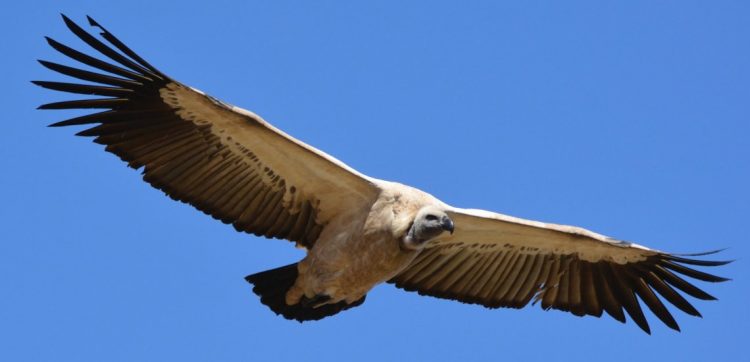
The title: “Combatting the West African illegal trade in threatened vultures and their parts for belief-based use.” Developed by the Nigerian Conservation Foundation (NCF) in partnership with BirdLife Africa and funded by the United States Fish and Wildlife Service (USFWS), this two-year project aims to tackle this complex issue at its source.
The event was attended by a series of Celebrity Vulture Ambassadors including famous musicians such as Peter Uduak, popularly known as Tito Da Fire, movie producers and actors like voice-over artist and on-air personality Seyi Asurf, producer Tope Alake and actor Mallam Shehu Kano. These ambassadors aim to raise public awareness and change minds throughout the project.
Dr Muhtari Aminu-Kano, Director-General of NCF, spoke passionately in his welcoming address, confirming that vultures are being “actively harvested” in Nigeria and across Africa for various belief-based reasons, and highlighting NCF’s work so far.
This work includes raising awareness among traditional medicine practitioners of the herbal alternatives to vulture parts, as well as seeking collaboration with security agencies on law enforcement.
“Vultures are very important: they are our unpaid sanitary inspectors,” Dr Aminu-Kano said. “Some people call them garbage collectors, but they are beyond just collectors: they actually clean up the environment and prevent us from catching deadly diseases.
They prevent the proliferation of pests that would otherwise feed on the carcasses. If vultures go extinct then we are in trouble.”
Dr. Beckie Garbett, Vulture Conservation Manager for Birdlife International Africa, announced ambitious plans to reduce illegal wildlife trade in Nigeria by 20% by 2021. Illegal wildlife trade has become the highest criminal revenue generator after the illicit drug trade.
The broad attendance at the conference, however, was proof that there exists a strong contingent within Nigeria dedicated to fighting this crime, and to protecting vultures. Representatives from Nigeria Customs, the Nigeria Police Force, traditional medicine practitioners, the National Association of Hunters, the Federal Ministry of Environments, the State Ministry of Justice, academics and the media were all present.
Together these individuals tackled key questions such as “what is the problem?”, “why is the problem occurring?”, “what can be done?” and “what is your role?” These are the questions that are going to be asked across the whole of Nigeria in the coming years; the answers are key to protecting vultures for generations to come.
This article was first published by BirdLife International on 22 May 2019.
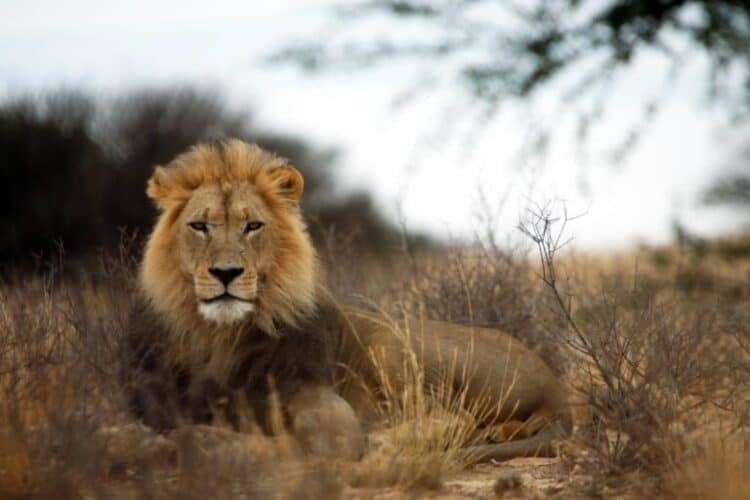
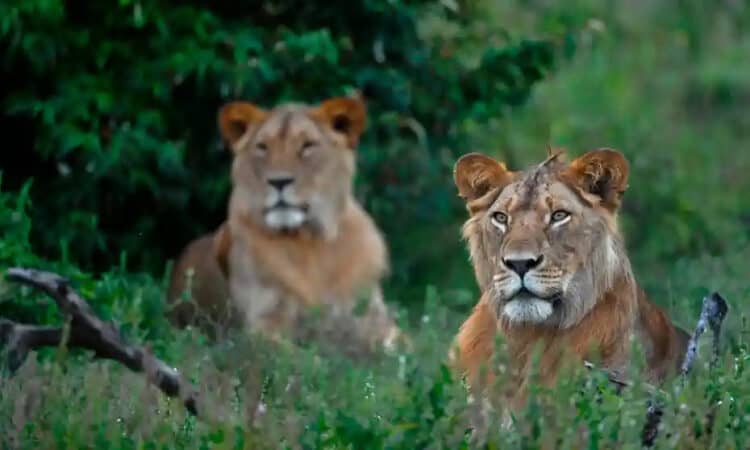
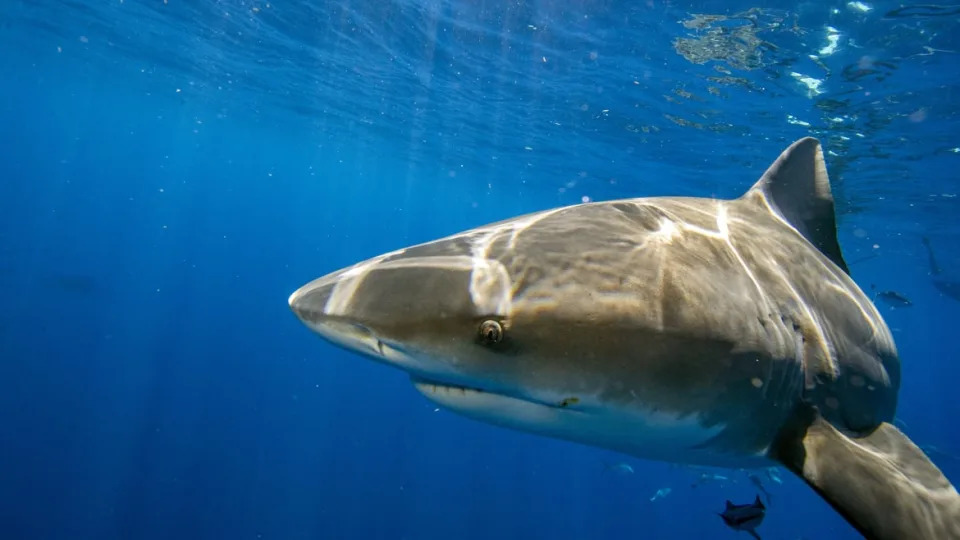
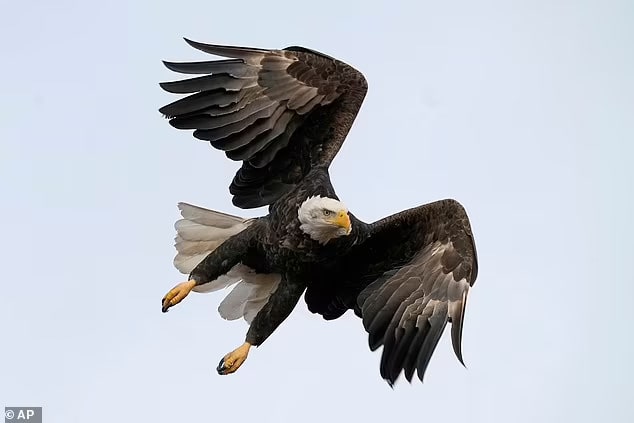
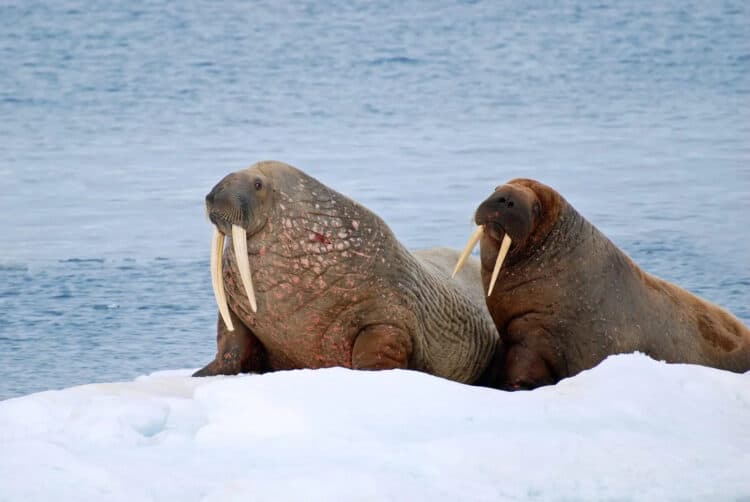
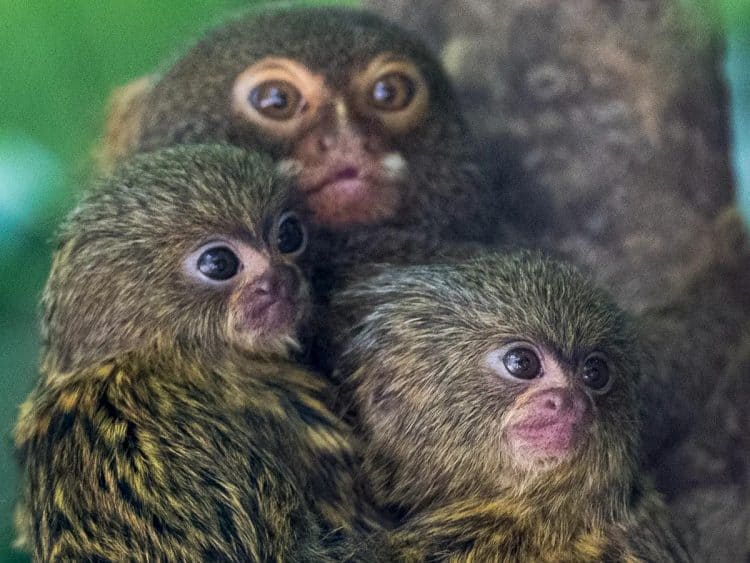
Leave a Reply